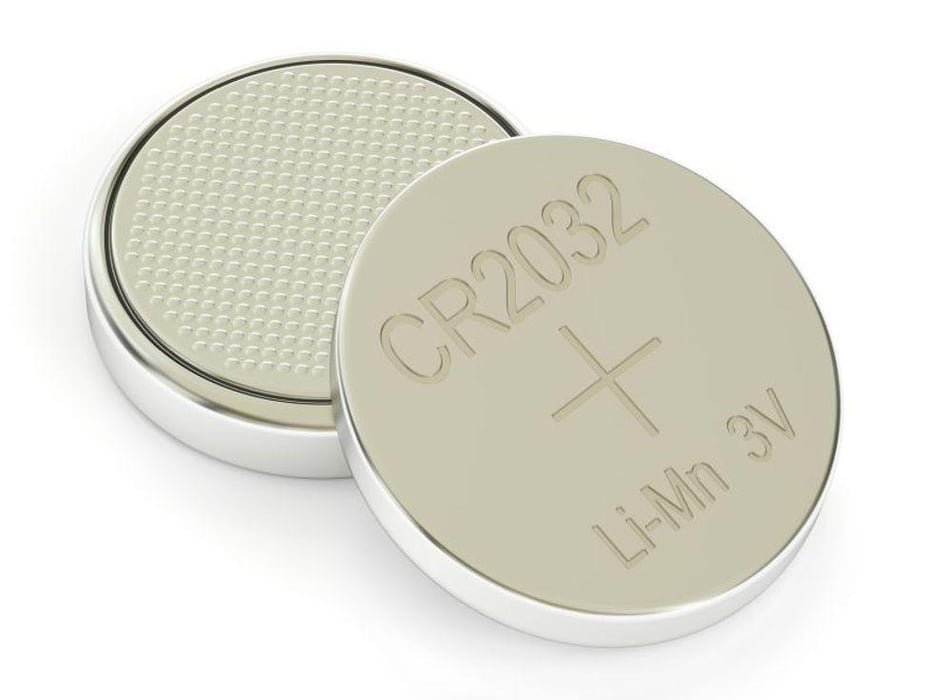Pandemic Saw Rise in Kids Swallowing Magnets, Tiny Batteries

WEDNESDAY, Oct. 13, 2021 (HealthDay News) -- More kids swallowed small magnets and batteries in 2020 compared to previous years -- a worrisome surge that dovetailed with pandemic stay-at-home orders.
An analysis of data from more than 100 U.S. hospitals found that the number of kids 17 and younger who were treated for swallowing foreign objects remained about the same from 2017 to 2021, but there was a large jump in incidents involving small magnets and batteries.
"Button batteries and small-rare-earth-magnet-sets represent the most dangerous objects a child can ingest," said Dr. Patrick Reeves, an assistant professor of pediatrics at the Naval Medical Center at San Diego.
"Due to their abilities to cause electromagnetic force discharge, these objects can tear through tissue, cause bleeding and even death," he added in an American Academy of Pediatrics news release. "Parents should treat these objects like the Dark Side of the Force and strive to decrease children's access to these items in the home."
Each year, U.S. emergency departments treat about 55,000 to 60,000 children who've swallowed foreign objects.
The majority of cases involve kids under 5 who have swallowed batteries, magnets, coins, toys, desk supplies, bathroom items, jewelry, fasteners (screws, nails, etc.) and holiday items such as Christmas ornaments and decor.
Most foreign objects that are swallowed by children eventually leave the body naturally, but electronic button batteries and small-rare-earth magnets pose a significant danger, including the risk of death.
The U.S. Consumer Product Safety Commission recently recalled some small high-powered magnet sets, but more needs to be done to protect children, the study authors said.
That includes campaigns to educate kids, parents, other caregivers, and health care providers with an aim to discourage purchase of these items and to remove them from the home.
A summary of the findings is scheduled to be presented Sunday at a virtual meeting of the American Academy of Pediatrics. Research presented at meetings is typically considered preliminary until published in a peer-reviewed journal.
More information
The American Academy of Pediatrics offers advice on preventing children from swallowing dangerous items.
SOURCE: American Academy of Pediatrics, news release, Oct. 8, 2021
Related Posts
Practices Supporting Breastfeeding Help Moms Achieve Goals
MONDAY, March 7, 2022 (HealthDay News) -- For low-income women, experiencing...
El aceite de oliva es una poderosa receta contra la demencia
LUNES, 24 de julio de 2023 (HealthDay News) -- Las personas que deseen conservar...
FDA Finds Contamination Issues at Eye Drops Plant
TUESDAY, April 4, 2023 (HealthDay News) -- U.S. regulators inspecting a factory...
Want Your Child to Have Empathy? Stay Close
MONDAY, Oct. 9, 2023 (HealthDay News) -- Young children who are close to their...
